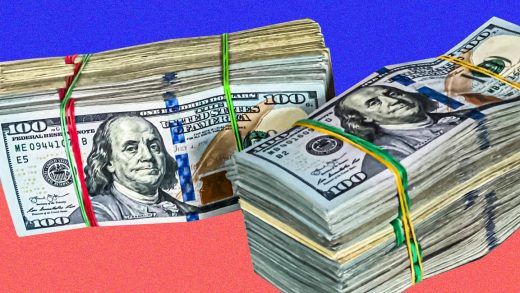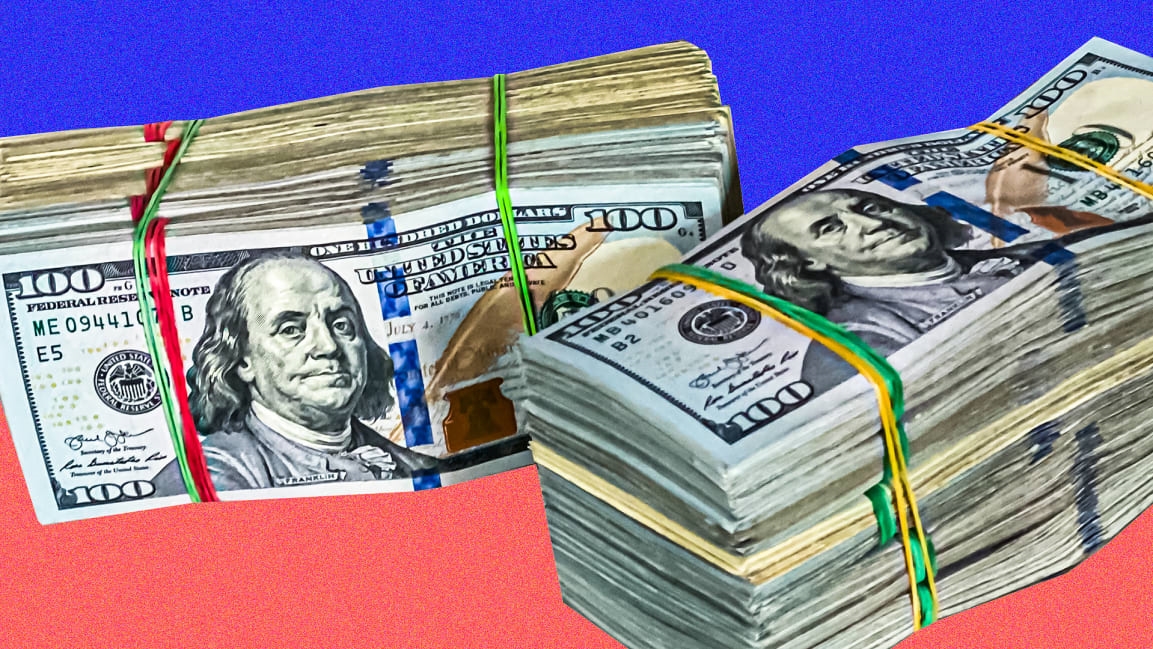Facebook is pouring money into 2020 campaigns as antitrust investigations heat up
This story was produced by MapLight, a nonprofit organization that reveals the influence of money in politics, and published in partnership with Fast Company.
Facebook, the social media giant that came under withering fire last month from a congressional panel investigating potential antitrust action against it and other large tech companies, is making fewer friends on Capitol Hill during the current election cycle. But that doesn’t mean it’s stopped trying.
A MapLight analysis finds House Judiciary Committee members have been the recipients of $1 of every $12 in congressional campaign contributions made by Facebook’s political action committee, top executives, and employees during the 2020 election cycle.
While lawmakers from both sides took turns slamming Facebook during the hearing, it remains to be seen if the campaign contributions from the company will prevent Congress from passing legislation that would make it easier for federal agencies to press antitrust complaints that could lead to a breakup of large tech monopolies. Although Congress cannot take direct action to break up tech giants, the House Judiciary Committee would be one of the first hurdles for such measures. Facebook currently faces antitrust probes by the Federal Trade Commission, U.S. Justice Department, and attorneys general in 47 states, and President Donald Trump also has threatened to take action against large tech companies.
Rep. David Cicilline, a Rhode Island Democrat who leads the panel’s antitrust subcommittee, said testimony from Facebook founder Mark Zuckerberg shows the company is guilty of “classic monopoly behavior.” The Menlo Park, California-based company has more than 2 billion active users who it has routinely misled to obtain private data that’s sold to advertisers, helping to reap almost $71 billion in annual revenue. Its sites, which also include Instagram, Messenger, and WhatsApp, take up as much as 70% of time spent on social media platforms, according to the U.K. Competition and Markets Authority.
Since the 2020 election cycle began, Facebook, its political action committee, and employees have given $834,100 to House and Senate candidates—more than the $813,600 donated during the entire 2016 cycle but unlikely to surpass the $1.44 million given during the 2018 campaign. Campaign contributions from the Facebook political action committee and two top executives—Sheryl Sandberg, chief operating officer, and David Fischer, chief revenue officer—have made up almost 70% of the total amount given during the 2020 campaign. During the previous cycle, the three donors accounted for slightly less than 50% of all donations by the company and its employees.
Through the second quarter of 2020, Facebook also is on pace to spend a record amount lobbying in the nation’s capital. Last year, the social media giant spent $16.7 million, with $7.5 million dropped during the first six months of 2019. So far this year, the company has spent $10.1 million on lobbying.
Although the largest number of lobbying reports by Facebook cite the Taxpayer First Act of 2019, a measure reforming the Internal Revenue Service that was passed by Congress and signed by President Trump, a significant number also involved the Honest Ads Act. The act, which has stalled in Congress, would expand disclosure rules for online advertisements. While Zuckerberg has expressed support for the measure, the company has been accused of quietly working behind the scenes to undercut support for it.
Facebook also spread its lobbying budget liberally around Washington last year, making six-figure expenditures to 14 major firms, including revolving door stalwarts such as Steptoe & Johnson, one of the oldest lobbying operations in the capital ($330,000); Subject Matter, a firm whose clients include Goldman Sachs, UnitedHealth Group, and Airlines for America, the trade organization for major North American airlines ($240,000); and Peck Madigan Jones, which represents Deutsche Bank, Blue Cross/Blue Shield, and Amgen ($240,000).
Cicilline, who has said breaking the tech giants up should be a last resort, expects a panel report on tech antitrust issues with recommendations for legislative action to be finished in another month.
“This hearing has made one fact clear to me,” he said. “These companies as they exist today have monopoly power. Some need to be broken up. All need to be properly regulated and held accountable … their control of the marketplace allows them to do whatever it takes to crush independent business and expand their own power. This must end.”
(30)



